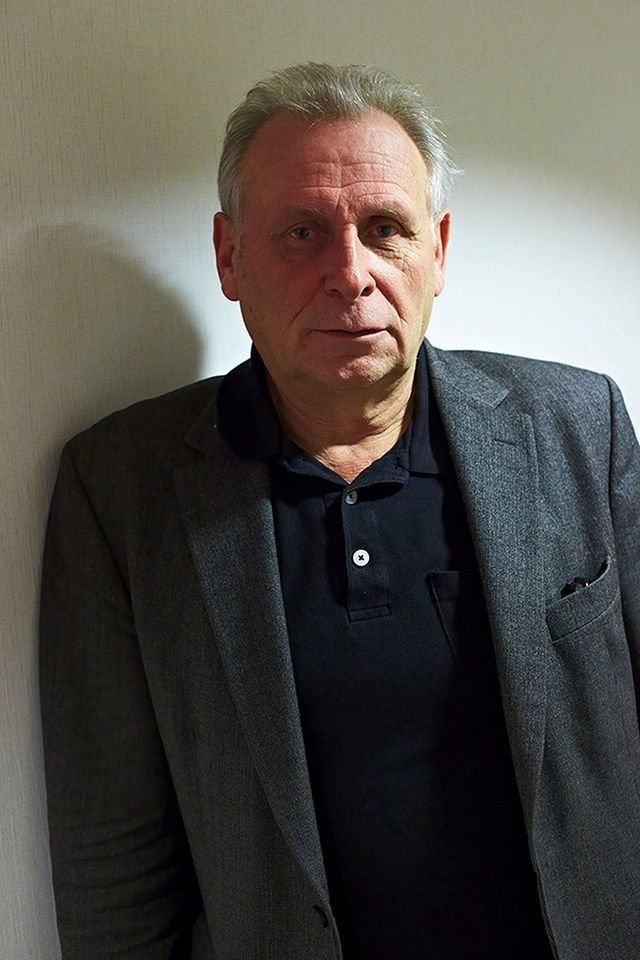
In conversations with his friends and colleagues, among them Bernd Upnmoor, Helmut Herbst, Alexander Kluge, Klaus Wyborny, Daniel Kothenschulte and Helge Schneider, Ulrike Pfeiffer takes us on a journey into the broad expanse of Nekes' cabinet of wonder and his cinematic works. At the same time, this documentary provides an insight into the history of experimental film in Germany.
A documentary about the 'critical mass', the Film Coop, a group of young filmmakers in Hamburg during the 1960s - a small group far from the Mainstream or the New German Cinema.
Klaus Wyborny (b.June 5, 1945 in Bittkau bei Magdeburg; lives and works in Hamburg) is a German filmmaker, producer, film director, actor, cameraman and screenwriter, known for his experimental films. Klaus Wyborny studied from 1963 to 1970 Theoretical Physics at the University of Hamburg and the Yeshiva University in New York City. Wyborny was co-founder in 1968, with Hellmuth Costard, Thomas Struck, Werner Nekes, Helmut Herbst, Werner Grassmann, and others, of the Hamburger Filmmacher Cooperative, which took the New American Cinema as an example and would develop an European version of American underground cinema. He worked for the literary journals BOA VISTA and Henry, and was co-founder of the 'Hamburger Filmgespräche'. Klaus Wyborny participated with others in the Documenta 5 in Kassel in 1972 with Das abenteuerliche, aber glücklose Leben des William Parmagino, Dallas Texas - After the Goldrush, Chimney Piece and A Crowd in the Face, and Percy McPhee in the section Film review: New European Cinema on the Documenta 6 (1977). Wyborny participated in 1975, 1980-1982, 1986, 1992 and 1994 at the International Forum of New Cinema in Berlin. He was also several times (2002, 2005, 2010) represented at the Viennale Festival in Vienna. In 2003 he taught at the Academy of Fine Arts in Karlsruhe.
By browsing this website, you accept our cookies policy.